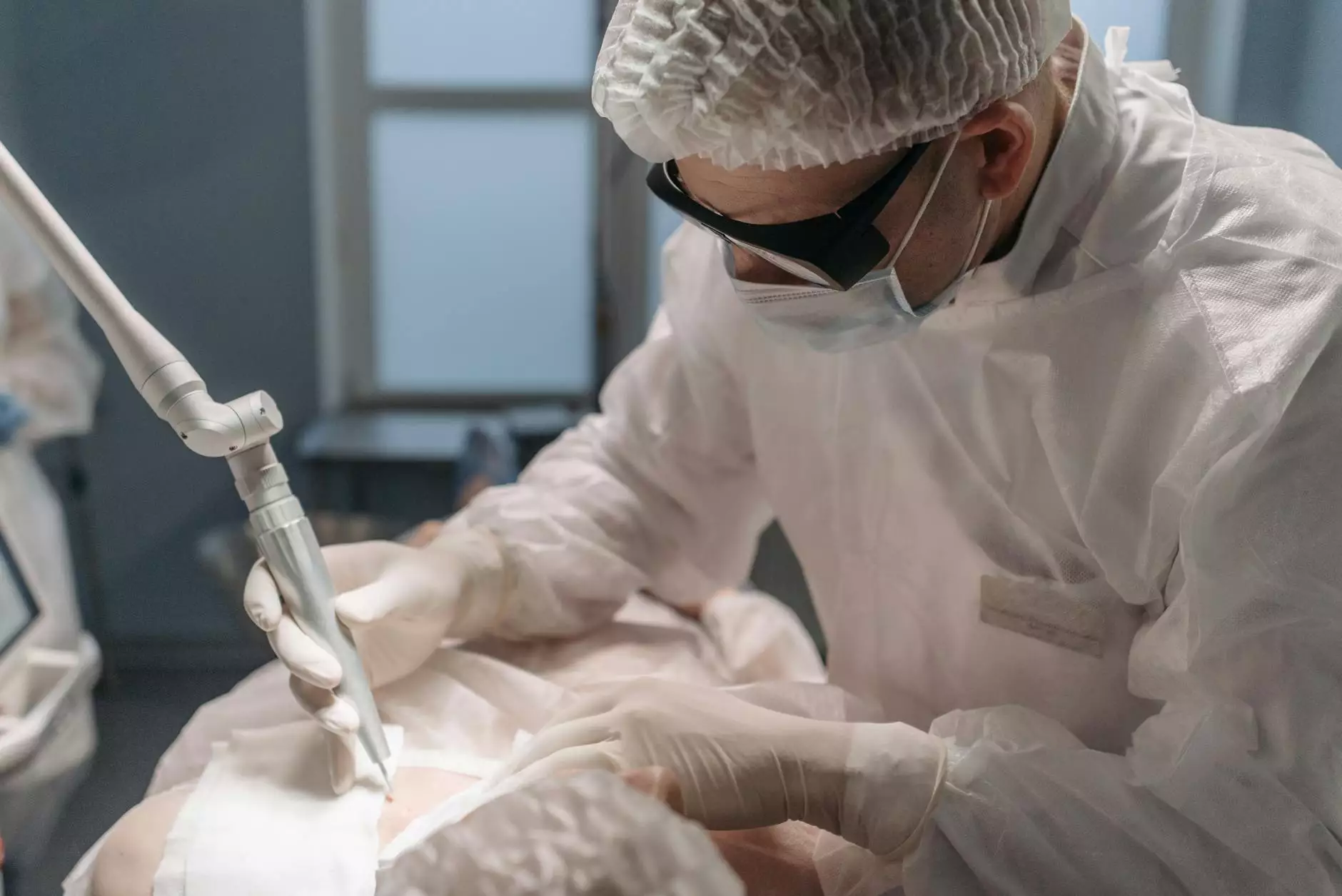Wisdom Teeth Removal Surgery: Everything You Need to Know

Wisdom teeth removal surgery is a common dental procedure that many individuals undergo in their late teens or early twenties. Understanding this surgery is crucial, not only for patients undergoing the procedure but also for their families and caregivers. In this comprehensive guide, we will explore the importance of wisdom teeth removal, the surgical process, recovery expectations, and essential aftercare tips.
What Are Wisdom Teeth?
Wisdom teeth, also known as third molars, typically emerge between the ages of 17 and 25. These teeth are located at the back of the mouth and were useful for our ancestors who relied heavily on chewing rough foods. However, with modern diets and improved dental hygiene, wisdom teeth often become problematic.
Why Remove Wisdom Teeth?
Wisdom teeth removal surgery is often recommended for several reasons:
- Impaction: Sometimes, wisdom teeth cannot fully emerge because they are trapped beneath the gum line, causing pain and infections.
- Crowding: As wisdom teeth emerge, they can push against neighboring teeth, resulting in misalignment and crowding.
- Infection Risk: Partially erupted wisdom teeth can create pockets in the gums that trap food and bacteria, leading to infections known as pericoronitis.
- Cysts and Tumors: In rare cases, the growth of cysts around impacted wisdom teeth can damage nearby teeth and bone. Removal surgery can prevent serious complications.
The Wisdom Teeth Removal Process
The process of wisdom teeth removal surgery typically involves several steps:
- Consultation: The dental professional will conduct a thorough examination, often including X-rays, to assess the positioning of your wisdom teeth and to discuss your medical history.
- Anesthesia: On the day of the surgery, local anesthesia is administered to numb the area. In some cases, sedation dentistry may be used for patient comfort.
- Surgical Procedure: The dentist or oral surgeon will create incisions in the gums to access the wisdom teeth. They may need to remove bone around the tooth or cut the tooth into smaller pieces for easier removal.
- Closure: After the teeth have been removed, the incisions are typically closed with stitches, which may dissolve over time.
- Recovery: Patients will be monitored during the recovery period to manage any discomfort and ensure that vital signs are stable.
Preparing for Surgery
Preparation for wisdom teeth removal surgery is key to ensuring a smooth experience. Here are some tips:
- Discuss Medications: Inform your dentist about any medications you are taking to avoid any complications.
- Arrange for Transportation: Since sedation may be used, arrange for someone to drive you home post-surgery.
- Follow Dietary Restrictions: Your dentist may recommend fasting for a certain period before the surgery.
- Plan for Recovery: Take the time off work or school to allow for proper recovery after the surgery.
What to Expect After the Surgery
Recovery from wisdom teeth removal surgery varies from person to person. However, there are common expectations during the recovery phase:
- Pain Management: It's normal to experience discomfort and swelling. Over-the-counter pain relief medications or prescriptions from your dentist can help.
- Ice Packs: Applying ice packs to the outside of your face can reduce swelling.
- Dietary Adjustments: Stick to soft foods such as yogurt, pudding, or mashed potatoes for the first few days.
- Hydration: Stay hydrated, but avoid straws as the suction can dislodge blood clots.
- Rest: Give yourself plenty of time to rest and recover. Avoid strenuous activities for at least a few days.
Risks and Complications
Though wisdom teeth removal surgery is safe, like any surgical procedure, there are potential risks, including:
- Dry Socket: This painful condition occurs when the blood clot that forms after surgery is dislodged, exposing the bone underneath.
- Infection: An infection can develop at the surgical site. It is important to follow aftercare instructions to minimize this risk.
- Nerve Damage: In rare cases, surgery can lead to temporary or permanent nerve damage, resulting in numbness or tingling in the lip or chin.
Aftercare Instructions for a Smooth Recovery
Following aftercare instructions is crucial for a successful recovery from wisdom teeth removal surgery. Here are some essential tips:
- Follow-Up Appointments: Schedule and attend follow-up visits to ensure proper healing and address any concerns.
- Medication Adherence: Take prescribed medications as directed to manage pain and prevent infections.
- Oral Hygiene: Gently rinse your mouth with salt water after the first 24 hours to promote healing. Avoid brushing directly over the surgical site for a few days.
- Avoid Smoking and Alcohol: These substances can hinder the healing process; it's best to abstain until fully healed.
- Listen to Your Body: If you experience severe pain, swelling, or any signs of infection, contact your dentist immediately.
Conclusion
Wisdom teeth removal surgery is a routine and effective procedure designed to alleviate potential dental problems in the future. By being informed about the procedure, preparing adequately, and following aftercare instructions, you can ensure a smooth recovery and maintain your oral health long into the future. If you have any concerns about your wisdom teeth or believe it might be time for removal, consult with a dentist at Clear Dental for expert advice and individualized care tailored to your needs.









